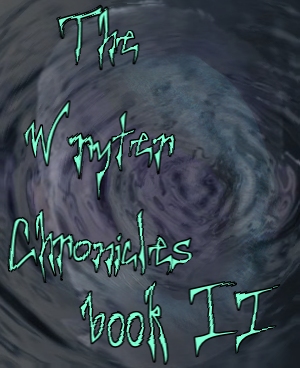 I find it absolutely fascinating that a single word can cause so much anger and controversy. Such is the tale of Mark Twain’s “Huck Finn” novel. One of the most popular works of fiction has been continually barred, banned, and censored from public schools because of the prevalent use of a single word: Nigger/Nigga. The word, as defined by Miriam-Webster dictionary means: usually offensive: a black person or member of any dark-skinned race. This word is actually long-derived from the Latin word niger, which means ‘black’.
I find it absolutely fascinating that a single word can cause so much anger and controversy. Such is the tale of Mark Twain’s “Huck Finn” novel. One of the most popular works of fiction has been continually barred, banned, and censored from public schools because of the prevalent use of a single word: Nigger/Nigga. The word, as defined by Miriam-Webster dictionary means: usually offensive: a black person or member of any dark-skinned race. This word is actually long-derived from the Latin word niger, which means ‘black’.
So what’s the big deal with the use a word that simply means black? Well, connotation is everything. In the “Slave South” when many people owned black slaves, people would refer to them as niggers; Nigger=black=slave. So through the lines of language evolution, the word came to be considered a racial slur, an offensive to anyone of dark skin. Now the word can hardly be spoken without repulsion or reprehension. Such is the way of our language; words come and go, definitions alter and change, connotations are molded to fit modern culture.
So where am I going with all this? Well back to Huck Finn, since the book has constantly been banned from public schools due to the use of that word, Alan Gribben and NewSouth Books have finally taken it upon themselves to release a ‘censored’ version of the classic. The ‘revised’ version will replace the offensive ‘n’ word with ‘slave’. Releasing ‘revised’ versions of classics for new/younger generations is nothing new and if this will help get classics like Huck Finn into schools, I’m all for it. On the other hand, degrading classic literature just to fit our ‘modern’ molds seems a little ridiculous. Why do we need to change everything to our modern way of thinking? Can’t we just accept the fact that something was written in a different time and different place and therefore will be different from our modern philosophy/culture?
Anyway, thus concludes what might possibly be the longest article I’ve written:) If you agree or disagree, feel free to sound off in the comments.
*Update* Thanks to Rosa Sow of Newsy.com for pointing this out this excellent video on their site:





